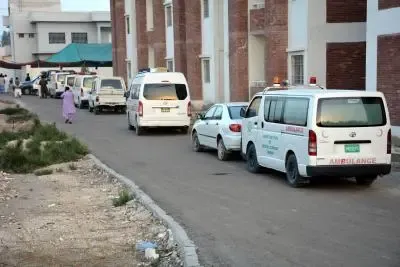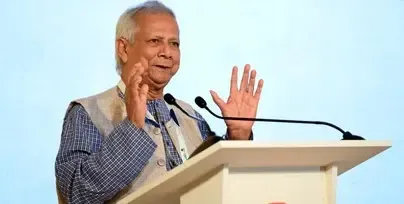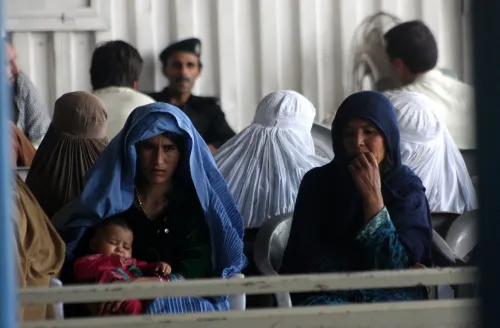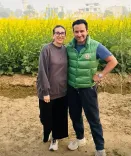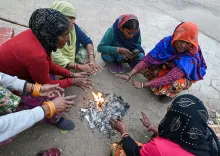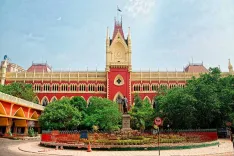Did a Venezuelan Child Separated from Her Mother Just Return?
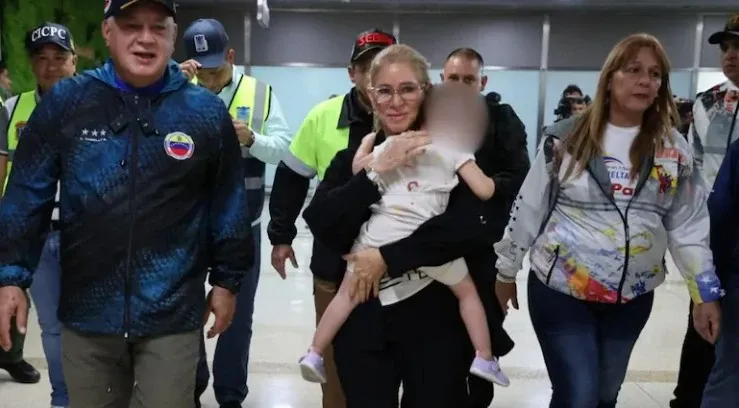
Synopsis
Key Takeaways
- Maikelys Antonella Espinoza Bernal was reunited with Venezuelan authorities after being separated from her mother.
- The incident has been described as a "kidnapping" by Venezuelan officials.
- The return of the toddler has sparked protests and discussions about US immigration policies.
- Over 4,000 migrants have been repatriated to Venezuela since February.
- The Venezuelan government continues to demand accountability from US authorities.
Caracas, May 15 (NationPress) A two-year-old Venezuelan girl, previously held by the US government after her mother was deported, has returned to Venezuela, where she was welcomed by local authorities.
Maikelys Antonella Espinoza Bernal was forcibly taken from her mother just before the deportation, an event that officials in Venezuela labeled a "kidnapping".
The toddler arrived in Venezuela on a US-registered flight that touched down at Simon Bolivar International Airport in Maiquetia, serving the capital Caracas, along with 226 other Venezuelan migrants deported from the US, which included seven minors and 37 women.
Venezuelan First Lady Cilia Flores expressed gratitude for the support shown to the child, emphasizing that the government had "remained steadfast" in its pursuit of her return, according to reports from Xinhua news agency.
Although her mother, Yorelys Bernal, who was deported in April, was not present at the airport to greet her, authorities indicated that a reunion would happen soon.
The separation of Maikelys from her family sparked significant outrage across Venezuela.
Numerous protests were organized in Caracas to condemn her "abduction" by US officials.
President Nicolas Maduro thanked US President Donald Trump for facilitating the child's return to Venezuela.
In an unusually conciliatory statement, he acknowledged that there are ongoing "differences" with the Trump administration, but he viewed the child's return as a "deeply humane act of justice".
This child is one of several minors affected by the Trump administration's strict immigration policies.
The US Department of Homeland Security (DHS) stated that Maikelys was placed in foster care to safeguard her from her parents, whom they alleged were affiliated with Venezuela's Tren de Aragua criminal organization.
Interior Minister Diosdado Cabello referred to her return as a "great victory", asserting that she "should never have been separated from her parents" and urged the US government to acknowledge its errors.
Since February, there has been an increase in flights repatriating Venezuelan migrants deported from the US.
According to her mother, she and her husband lost custody of their daughter after they voluntarily surrendered to US authorities upon their illegal arrival in May 2024.
It is believed that her father was among the Venezuelans sent to the notorious CECOT prison in El Salvador.
The Trump administration claimed that the Venezuelans deported to El Salvador were connected to Tren de Aragua but provided little evidence to substantiate this assertion.
The DHS alleged that Maikelys' father, Maiker Espinoza-Escalona, was a "lieutenant" in Tren de Aragua, overseeing various criminal activities.
It was alleged that the girl's mother was involved in recruiting young women for drug trafficking and exploitation.
Bernal, who is 20 years old, asserted that they were profiled and detained because of their tattoos, which US authorities associated with gang involvement.
Since February, over 4,000 migrants have been repatriated to Venezuela, some deported directly from the US and others from Mexico, where they had congregated in hopes of crossing into the US.


